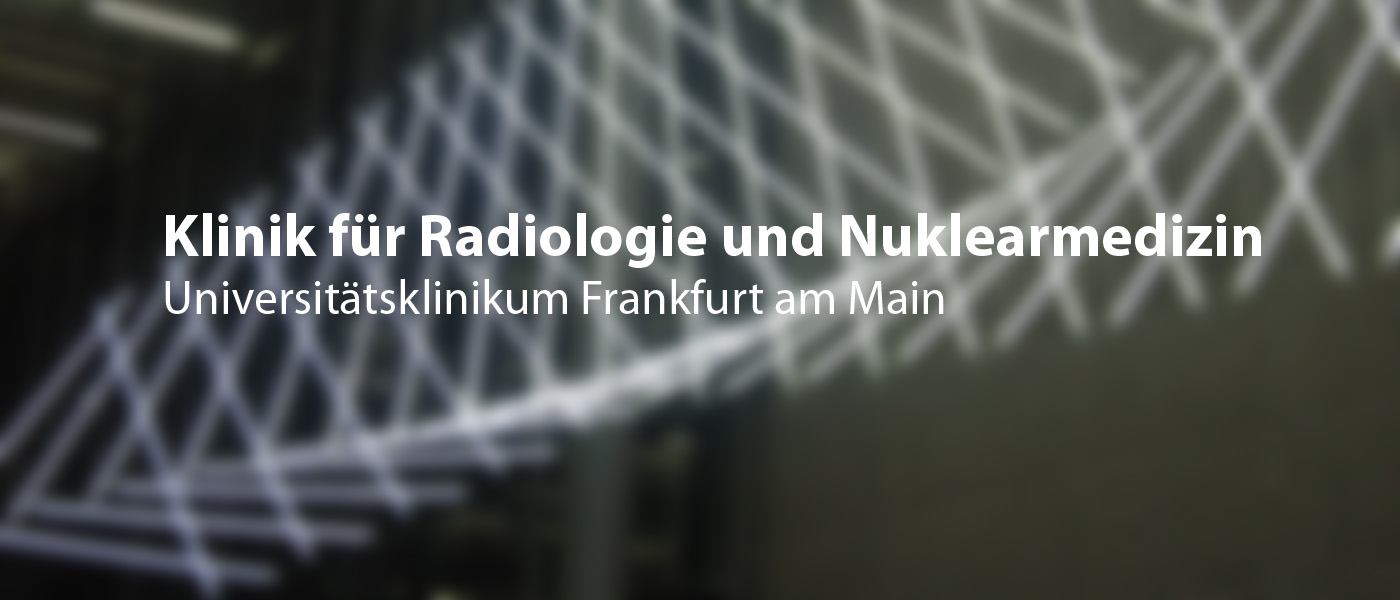Less radiation exposure and better clinical results in therapy of prostate enlargement
A cooperation between researchers from radiology and urology at Frankfurt University Hospital and Egyptian colleagues is leading to new insights into how therapies for prostate diseases can be optimised. For patients with prostate hyperplasia, interventions could soon be shorter and less burdensome.
Benign prostatic hyperplasia (BPH) is a benign enlargement of the prostate gland. It is the most common urological disease in men, especially in older men. The enlargement of the gland leads to a narrowing of the urethra, which is associated with a weak urine stream and a frequent urge to urinate. Because the bladder is not emptied completely, urinary tract infections also occur more frequently. Mild stages of BPH can be treated with medication. Surgical procedures are considered for more severe BPH.
A relatively new, alternative procedure is prostate artery embolisation (PAE). In a minimally invasive procedure, tiny beads are used to restrict the blood supply to the prostate in order to shrink the enlarged prostate gland. Conventional X-ray angiography is usually used during PAE to visualise the blood-supplying vessels. The radiation exposure for patients and staff is relatively high. Researchers from Frankfurt University Hospital, Cairo University Hospital and Egypt's Kafrelsheikh University have now conducted a study to investigate the impact of pre-interventional magnetic resonance angiography (MRA) on workflow and outcomes during prostate artery embolisation. "Magnetic resonance angiography is a three-dimensional imaging procedure that does not involve exposure to X-rays. Außerdem wird kein Katheter in die Leistenarterie eingebracht; das Kontrastmittel wird in die Armvene injiziert“, erläutert Prof. Thomas Vogl, Leiter des Instituts für Diagnostische und Interventionelle Radiologie am Universitätsklinikum Frankfurt. „In unserer Studie konnten wir zeigen, dass die MRA verfeinerte Arbeitsabläufe ermöglicht, die Patientensicherheit erhöht sowie die Strahlendosis und die Eingriffszeit reduziert.“ The study will be published in the European Journal of Radiology in May 2022; the publication has already been published online in advance.
Risk minimisation and better therapy results
The study was the first to investigate the direct influence of pre-interventional MRA on prostate artery embolisation. "When using pre-interventional MRA, we were able to observe a greater prostate volume reduction than in patients without prior MRA," explains Dr Christian Booz, senior physician at the Institute for Diagnostic and Interventional Radiology at Frankfurt University Hospital and first author of the study together with Prof. Vogl. "In addition, these patients needed 40 per cent less contrast medium during the procedure, which is particularly advantageous for patients with impaired kidney function. The total radiation dose was also significantly reduced thanks to the use of MRA." Radiation-induced complications such as skin redness, hair loss and a stochastic risk of cancer can be reduced as a result. Aufgrund der MRA-Auswertungen entschlossen sich die Ärztinnen und Ärzte außerdem bei mehreren Studienteilnehmern, den individuellen Therapieplan für die PAE anzupassen. This also increased patient safety.
Recommendations for MRA integration
The study was realised at the University Hospital Frankfurt in close cooperation of the Institute for Diagnostic and Interventional Radiology and the Clinic for Urology. The researchers recommend making pre-interventional imaging by MRA an integral part of PAE therapy. The results are to be verified by a multicentre, prospective and randomised controlled trial.
For more information:
Prof. Dr. Thomas Vogl
Direktor des Instituts für Diagnostische und Interventionelle Radiologie
Universitätsklinikum Frankfurt
Telefon: +49 69 63 01 – 72 77
E-Mail: T.vogl@em.uni-frankfurt.de
Internet: www.kgu.de
